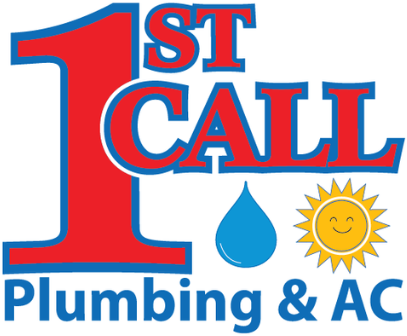Not all plumbing problems turn into full-blown emergencies. But those lingering issues? They can pile up and turn into real headaches. One of the usual suspects causing these headaches? Hard water.
If you’ve never heard of hard water, it is defined as water with too much magnesium and calcium. It’s not dangerous, but it’s annoying, and, over time, it can cost you. Let hard water do its thing without interference, and it starts messing with your indoor plumbing. You’d want to avoid that scenario so it doesn’t blow your budget.
Here’s the scoop on handling hard water: figure out if you’ve got it. Some websites claim they can tell you water hardness by zip code, but they must learn the ins and outs of your property. The most surefire way to know if you’re dealing with hard water headaches is to watch for the signs.
How to Recognize the Signs of Hard Water
Do you have a hunch you may have hard water running through your pipes? Keep an eye out for the signs that point to hard water, such as:
- Rust-Colored Stains: These may indicate hard water, especially if your clothing consistently shows stains after laundering.
- Hard Water Scale: Look for chalky deposits or buildups on various surfaces, such as bathroom fixtures or the exterior of pipes.
- Eroded Pipes: Crusted or scaly pipes may suggest that hard water is causing erosion.
- Rapid Water Heater Aging: Notice if your water heater ages too quickly due to sediment buildup in the tank.
- Shampoo and Detergent Performance: If you experience a lack of suds from shampoo or detergents, it could be a sign of hard water.
- Dish Cleaning Issues: If your dishes consistently remain unclean or have spots, it may be related to hard water problems.
If you have noticed these signs, you may have used a hard water stain remover. However, it’s important to remember that it only addresses visible signs but won’t resolve the underlying hard water issue.
Getting Rid of Hard Water
Since you don’t have the power to change your water supply, you must do something at the home level to soften your water and prevent hard water from doing more damage to your plumbing, which will cost you money down the line.
Invest in a water softener for immediate benefits like stain-free clothes and spotless glassware. The best water softener system will remove the unwanted minerals, primarily calcium and magnesium ions, that complicate your water. Here’s how that works:
- Resin Tank: The core of a water softener is a resin tank filled with tiny resin beads. These beads carry a negative charge.
- Ion Exchange: As hard water goes through the resin tank, the positively charged calcium and magnesium ions attract the negatively charged resin beads. The ions swap places with sodium ions, which are positively charged.
- Softened Water Output: The water exiting the resin tank is now “softened” because it contains sodium ions, not calcium and magnesium.
- Regeneration: The resin beads become soaked with calcium and magnesium ions after a while, and the water-softening efficiency decreases. To address this, the water softener enters a regeneration phase. A brine solution (water with a high sodium concentration) is flushed through the resin tank during regeneration. The concentration of sodium ions in the brine displaces the accumulated calcium and magnesium ions, which are flushed out as wastewater.
- Ready for Use: After regeneration, the softener can resume softening the incoming hard water.
Water softeners will likely last at least ten years, especially with regular maintenance to keep them in excellent working condition.
The good news is that you don’t have to tackle your hard water problems alone. Contact us today for a free estimate if you need help finding the best water softener.



